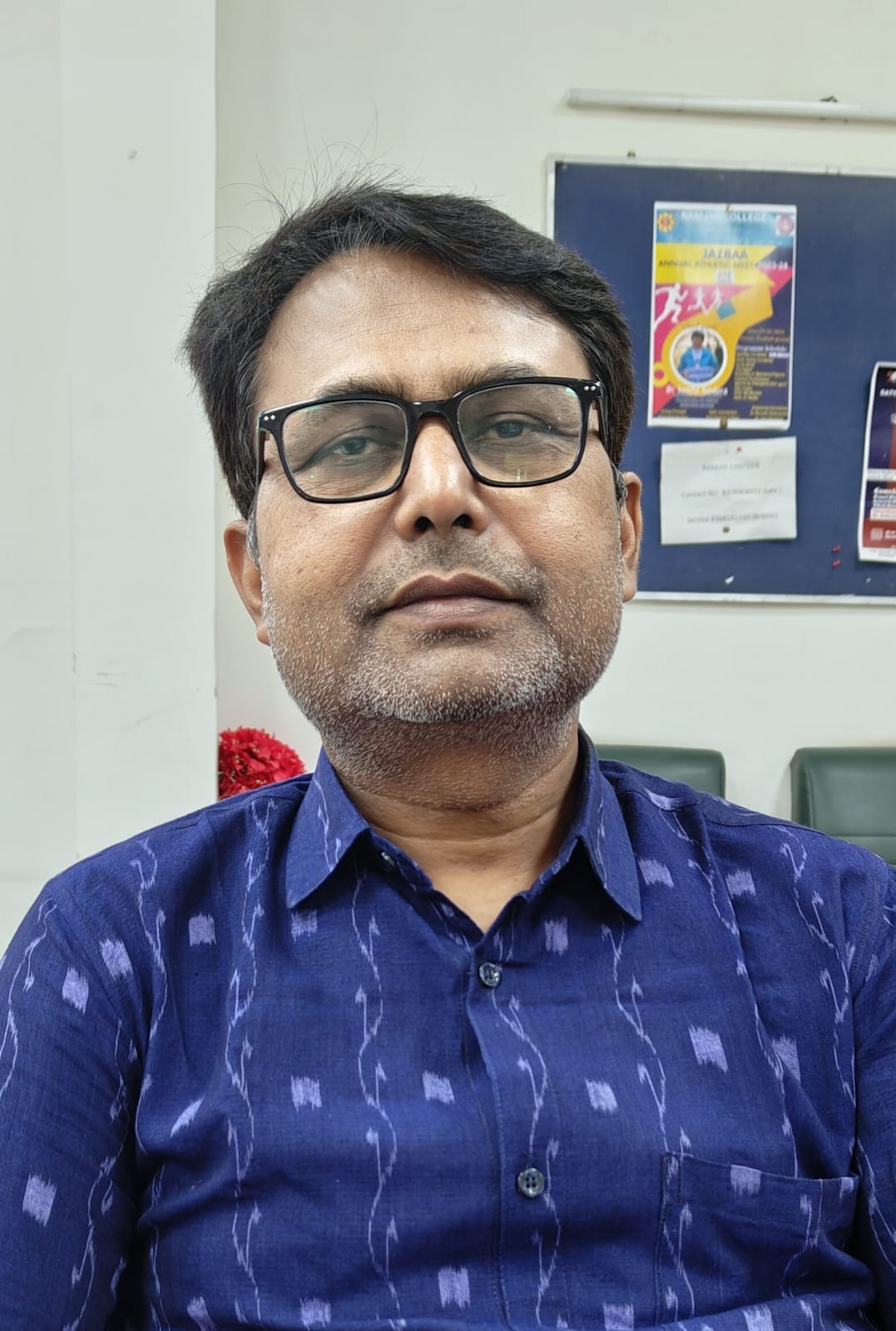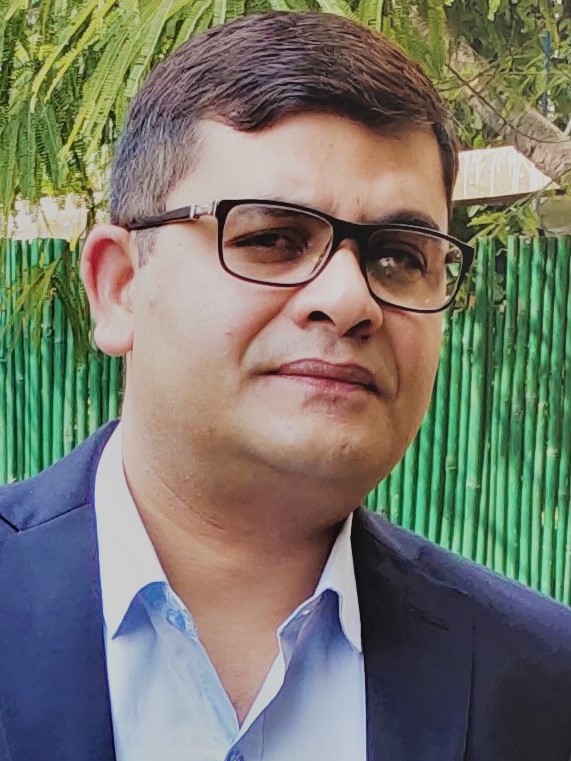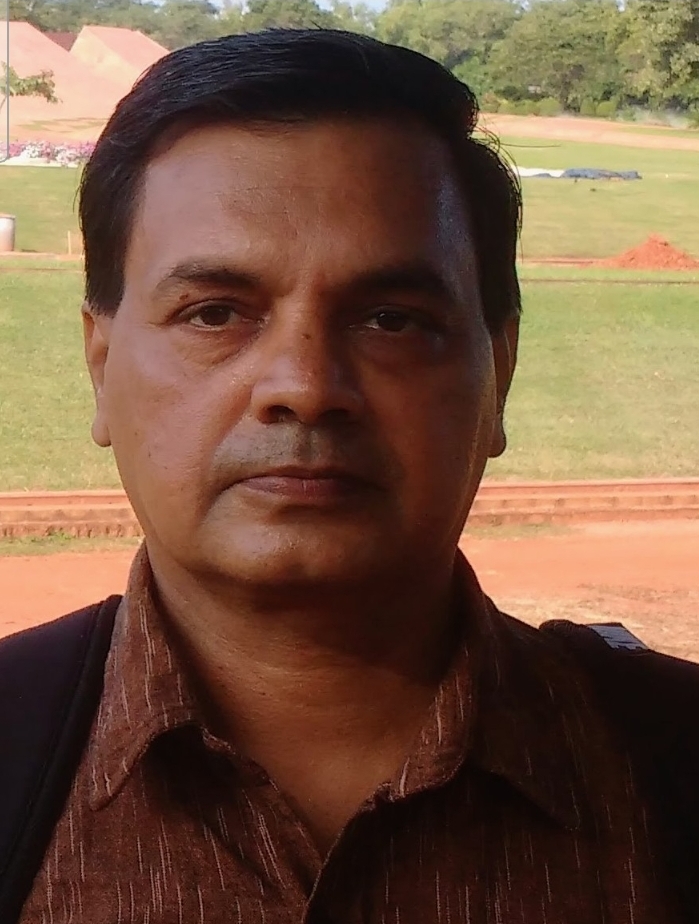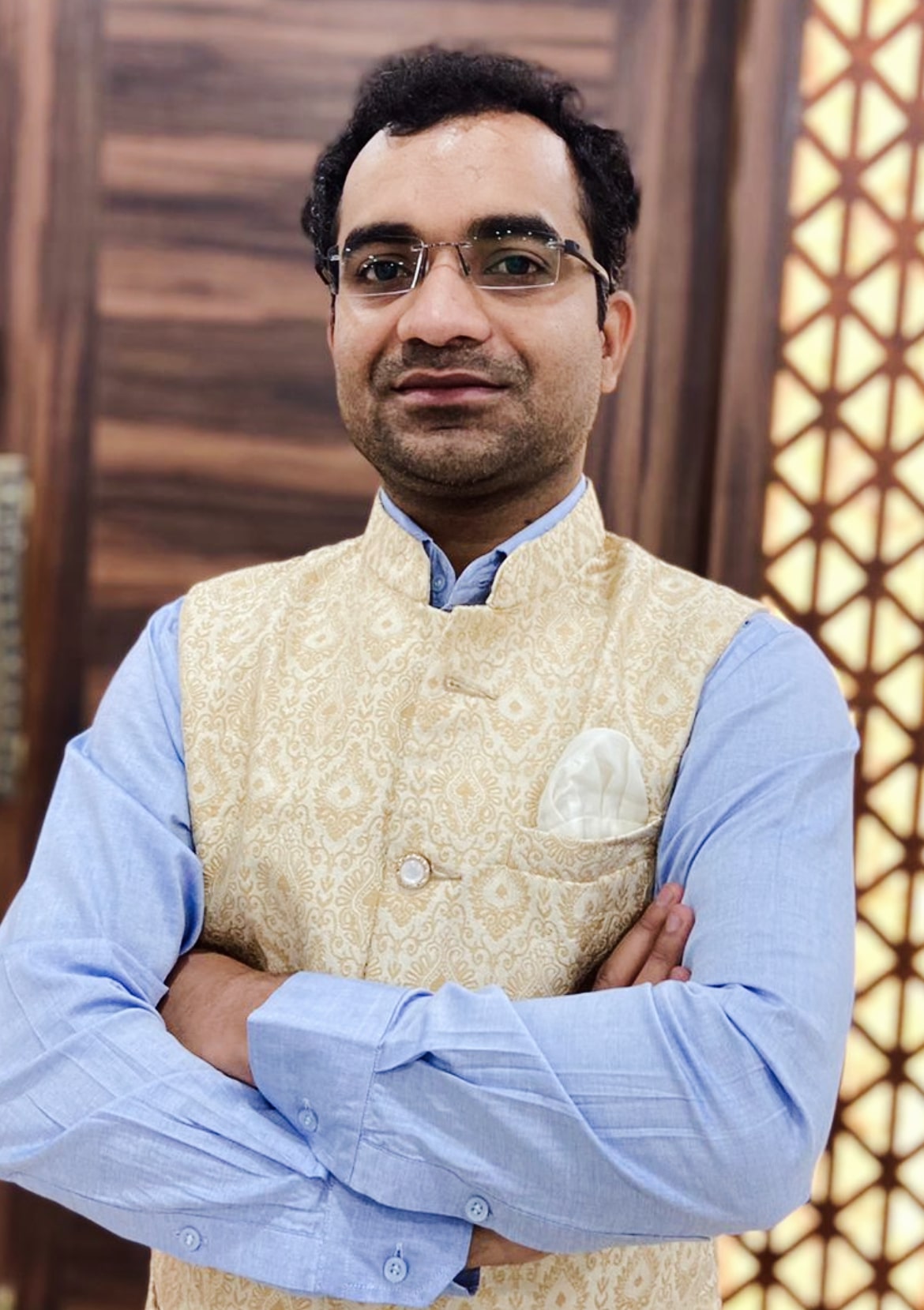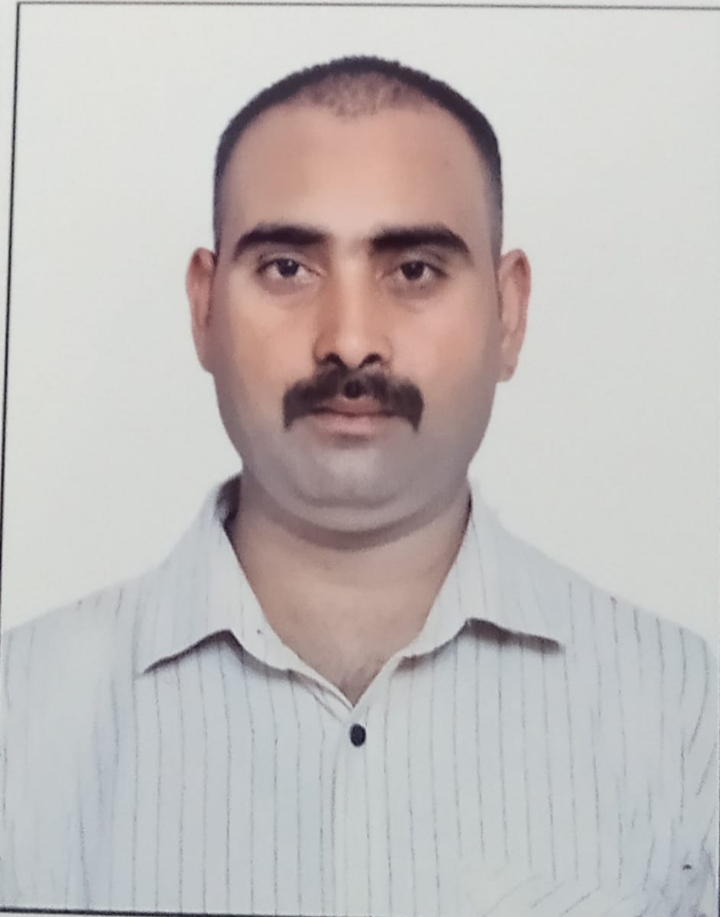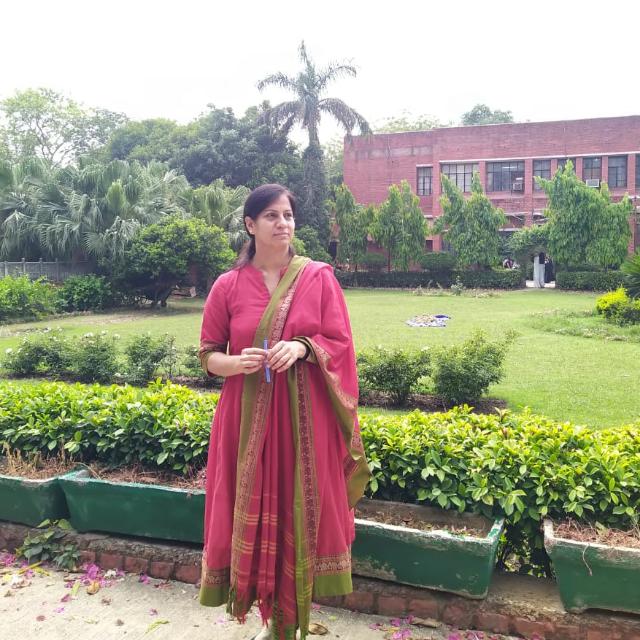COURSES OFFERED:
Semester - 1
Understanding Political Theory (DSC - 1):
The paper seeks to assess the conventional as well as contemporary approaches to understanding politics. Through this course, the students gain an understanding of the various traditions and approaches of political theory and appreciate how they get reflected in social living.
Ideas and Institutions in Indian Political Thought (DSC-2):
This paper seeks to challenge the hegemonic bias of euro-centric terms that had debunked ancient Indian thought as limiting. Through this course, the students gain a comprehensive understanding of Indian political thought.
Colonialism and Nationalism in India (DSC-3):
The purpose of this course is to help the students understand the advent of colonialism and the response of nationalism towards it. Through this course, the students gain an understanding of the nature of colonialism and its impacts on the social, political, and economic life of India.
General Elective:
Ideas in Indian Political Thought
Value Addition Course:
Constitutional Values and Fundamental Duties
Skill Enhancement Course:
Political Leadership and Communication
Semester - 2
Perspectives on Public Administration (DSC - 4)
This paper encompasses public administration in its historical context with an emphasis on the various classical and contemporary administrative theories
Methods and Approaches in Comparative Political Analysis (DSC - 5)
The aim of this course is to introduce students to the foundational concepts, methods, approaches, and historical legacy of the discipline.
Introduction to International Relations: Theories, Concepts, and Debates (DSC - 6)
The paper introduces students to some of the key theories, concepts, and debates of international relations. While historically contextualising the evolution of mainstream IR theories, students will also learn about the leading debates aimed at de-centering and pluralizing the knowledge base of IR.
Generic Elective :
Ideas in Indian Political Thought
Introduction to Indian Constitution
Nationalism in India
Understanding International Relations
Governance - Issues and Challenges
Western Political Philosophy
Politics of Globalisation
Introduction to Public Policy
Women and Politics in India - Concepts and Debates
Semester - 3
Political Theory: Concepts and Debates (DSC - 7)
This course will familiarise students with the basic normative concepts in political theory.
Ancient and Medieval Indian Political Thought (DSC - 8)
This paper seeks to critically engage with writers of ancient India, who produced treatises on statecraft and several elements of governance and government.
Constitutional Government and Democracy in India (DSC - 9)
The aim of this paper is to understand how liberty, equality and justice, territorial decentralisation and federalism, development and democracy serve as values on which constitutional democracy in India is premised.
DSE (Discipline Specific Elective)
Indian Constitution Key Debates
Semester - 4
Public Administration in India (DSC - 10)
This paper seeks to equate the student with an analytical and critical understanding of the institution of Indian bureaucracy, with issues of decentralisation, financial management, public accountability, e-governance, and some specific dimensions of citizens and social welfare politics.
Concepts in Comparative Political Analysis (DSC - 11)
The course aims to make students familiar with electoral systems and party systems to make sense of the different ways representation is achieved. The experiences with constitutionalism and constitutional design, which facilitate federal sharing of power, the ideas of nationalism in anti-colonial movements and development models.
Global Politics: (DSC - 12)
Through the conceptual frames of geo-politics, geo-economics, and geo-strategy, the students will learn about various dimensions of the contemporary dynamics of global politics.
DSE:
Gandhi and the Contemporary World
India's National Security- Major Challenges and Strategic Thinking
Semester - 5
Western Political Philosophy (DSC - 13)
The course goes back to Greek antiquity and familiarises the students with the manner in which political questions were first posed and answered normatively.
Modern Indian Political Thought (DSC - 14)
The course has been designed to give the student a glimpse of the richness and diversity within Indian political thought
Political Process in India (DSC - 15)
This course aims at familiarising the student with the processes through which politics makes itself manifest in India. It involves looking at the different modes through which power is exercised and dispersed in society along the axes of caste, class, religion, ethnicity, and gender.
DSE:
International Political Economy
Understanding Ambedkar
Semester - 6
Public Policy (DSC - 16)
This course comprises all aspects of Public Policy, i.e, how it is formed, the forces, and factors that shape it, how it is monitored, implemented, and evaluated.
Comparative Political Systems (DSC - 17)
With this course, students will be familiarised with the defining features like state formation, state formation, constitution, and division of power, structure of government, electoral system, political parties, political systems, party systems, and the contemporary social and economic challenges in different societies.
India's Foreign Policy- Challenges and Strategies (DSC - 18)
The course seeks to equip students to engage with key sources, theoretical underpinnings, and the structural or functional dimensions of the foreign policy making processes of india.
DSE:
Understanding Security
Understanding Savarkar
Research Methods in Politics




